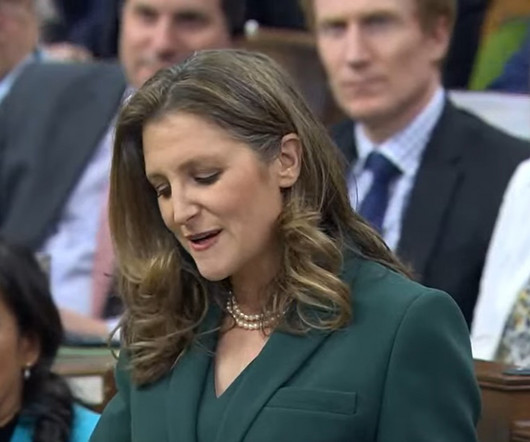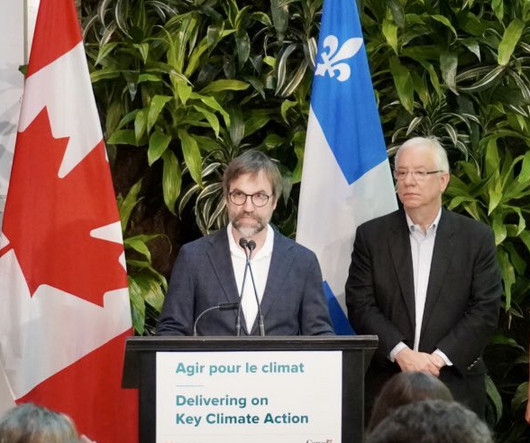The 25 most sustainable private companies in the world
Corporate Knights
APRIL 21, 2025
While publicly traded companies often dominate the headlines, private companies are a much larger part of the global economy. Last year, it attracted $575 million in investments to help it roll out its decarbonization plan and announced that all new customers will be powered by 100% renewable energy.

















Let's personalize your content